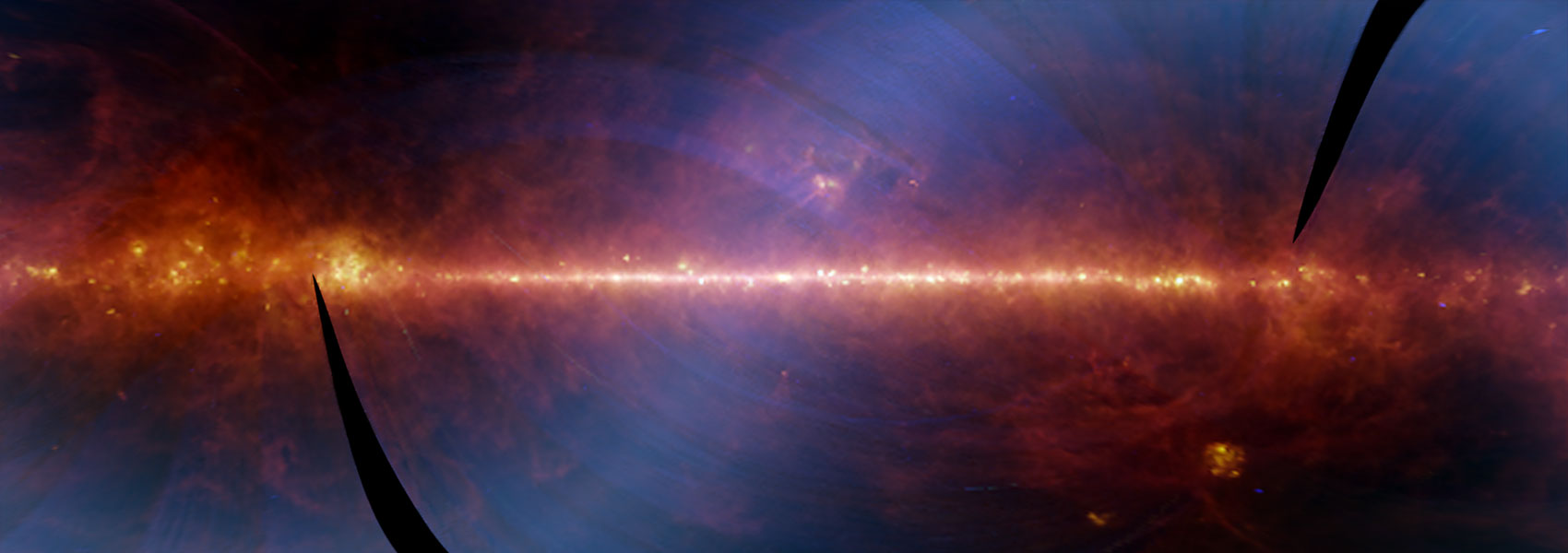Title: "Characterizing Transiting Planets with JWST GTO Observations"
Abstract: After it launches in December, the James Webb Space Telescope (JWST) will enable significant new insights into the compositions, chemistry, atmospheric circulations, thermal structures, and possible formation histories of exoplanets. Hubble Space Telescope spectra have discovered H2O features in the atmospheres of warm sub-Neptunes to hot Jupiters, and JWST data will allow the study of more molecules (at least CO, CO2, CH4, and NH3) in a much wider variety of planets. Most of JWST's significant advances in these and other areas of exoplanet science will result from high quality observations of emission and transmission spectra of transiting planets over at least 0.6 - 12 micron wavelengths. These data should enable precision measurements of the molecular mixing ratios, metallicities, temperature profiles, and the cloud properties of terrestrial and sub-Neptune to gas giant planets with temperatures of several hundred Kelvin or higher. Recent simulations show that retrieved metallicities and C/O abundances will likely be precise enough to constrain atmospheric chemistry and probe planet formation scenarios. We have used these results to assess and select a sample of 9 Earth-to-Jupiter mass planets to observe in our MANATEE guaranteed time program. We will use the NIRCam and MIRI instruments to observe the 2.4 - 11+ micron spectra of these planets. I will illustrate what we can expect to learn from these observations and discuss what advances are needed in modeling the data in order to fully interpret the data.



